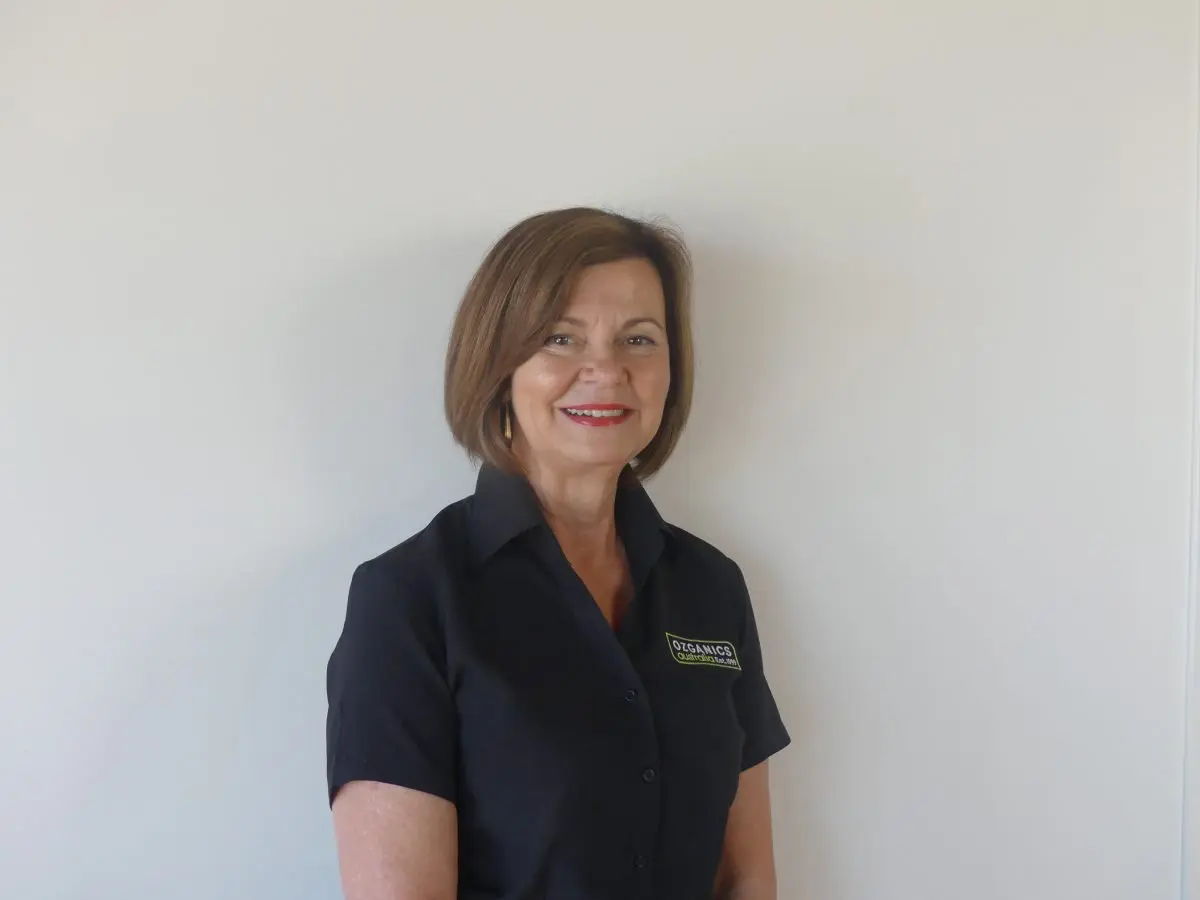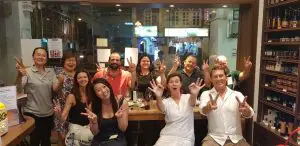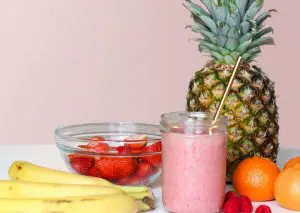Do you believe there are significant differences in exporting organic products from non-organic products?
I don’t believe. I know. Unless your products are certified to Australian government standards for exports for organics you could possibly be fined – a large amount. Simple as that. Any product that claims it contains an organic ingredient on the label must be certified to the organic export standards, the National Standard for Organic and Bio Dynamic Export.
I chaired the Standards Board for a number of years and it’s really disappointing when Australian food producers send products making organic claims overseas and wonder why they get themselves into strife. You can’t even have ‘Made with organic flour’ and then the rest of your other ingredients are non-organic. If you’ve got the word ‘organic’ on your packaging as an ingredient or a claim, it is legislated that you must be certified organic. Not difficult, and there’s consultants in organics such as Organic Systems and Solutions to help you with that. But it’s an absolute requirement.
I’m one of Australia’s pioneering certified organic grocery manufacturers. In 1999, as I undertook the process of growing my business from my home kitchen and building a food factory, I picked up the phone and rang the federal government office for organics. I asked them ‘How do I become certified organic?’ And they said, ‘We’ll send you the standards, good luck with that, you are the first and there is no one to help you!’
So the process of understanding organic standards and requirements started at my kitchen table. With the help of my Dad the Engineer and some basic quality system training in HACCP, Dad and I developed the first documented organic quality management system for grocery manufactures which met Australian Export standards and HACCP.
I’ve been certified organic since 1999 and can advise you that you need to understand it’s absolutely critical if you are exporting organic that you are certified, because if you aren’t certified, you may get knocked back from the country you’re going to – and it could lead to quite a serious and expensive prosecution by the federal government. Every shipment of food making organic claims requires an Australian Government Organic Export Certificate of compliance – issued by your organic certifier.
We’ve also been exporting since 1999. When I opened the doors, the market here was still small. No one knew who we were, but I certainly stepped off these shores, as I saw overseas opportunity in the organic market. However, I always say, begin by learning at home; develop your relationships and build your market at home, and then start to pick some easier-to-enter overseas organic markets; the ones closer to home and who are really happy to hear from Australian food creators. I’ve always said to people that I cut my export teeth in the Singapore market. Singapore is a great place to learn the how’s and why’s of market entry. It has the same legislation as Australia as it originally operated under the UK system. It also is very advanced in technology and the people earn decent incomes. Top this off with a culture of real understanding of health/wellness, it’s certainly presents a great opportunity. I am also seeing within the Pacific Rim quite an opportunity to export organics. So I would certainly encourage people to look at those markets which are still close to home, though may have a smaller footprint.
How do you educate overseas markets about the value of organic products, given that in most instances it has a price premium?
It’s a long, hard process. There is an assumption that when you leave this country and go overseas with your products, everyone understands the value of Australian food as being ‘clean and green’. Well, so is Brazil and Ecuador and Peru. We’re not the only country out there with that reputation. To build brand awareness of organics and the Australian Made products, I and my people have worked incredibly hard. We develop programs that target retailers’ and consumers’ awareness. In Malaysia, for example, I ran OZGANICS organic cooking schools. I held over two weeks solid of cooking programs in a select retailer’s purpose-built kitchen – so much fun and quite a challenge! I engaged with Malaysian social media bloggers, many who attended my OZGANICS Organic cooking school and started to build up a social media program there. Not only did we work with the retailers to establish the right place and expectations around price – we also worked very much on the brand awareness and using bloggers and recipes to drive it off the shelf. For us, that meant we had to understand how our foods would be cooked, especially as many of my OZGANICS products are Western foods. The first program I taught was an organic OZGANICS Christmas set of recipes. We taught them how to create an organic Western-style Christmas, right through to the cakes. It was a lot of fun.
In some ways, marketing overseas is not much different to your domestic strategy. When we go into a new market, we highlight how pure OZGANICS organic food really is. It can still be a difficult landscape to understand, because quite often you don’t have the networks or don’t understand the magazines and bloggers, and perhaps you don’t even understand how the blogging networks operate there. If you pick a market and really concentrate on understanding it though, I think you can have great success. Because it’s not just about selling the brand itself; it’s about selling what your brand represents within that market.
What are you most excited about with the upcoming Singapore and Hong Kong markets tour?
I am fortunate that as a child we were connected, through my Father’s work with Qantas, with Asia and spent time in both of these cities. With this trip we plan to learn what has changed in these markets since the GFC and if the landscape and opportunities for OZGANICS Organic foods has shifted.
After the GFC, America walked into our Asian markets big time. The Australian dollar went up and the American dollar went down. We lost shelf space simply based on the cost increase of Australian organic foods due to the Aussie dollar’s value. US products are always better priced due to the volume of their home market and their much cheaper production costs. There is only so much price difference a consumer is willing to cover, and with the market entry support the US supplied to its new-to-Asia food exporters, it was very tough for us. So I’m going to look at who the buyers are, what the consumers are looking for, what has been the change in the landscape; who are the competitors and how we can really drive our brand back onto those shelves and into the hands of consumers. Because I love to deliver clean, great-tasting Australian made OZGANICS Organic wellness food onto the tables of South-East Asian families, and the world.
What do you like most about traveling in a group?
There’s nothing like caring and sharing and traveling and having some fun. When I started in 1999, with some assistance from a NSW Government trade mission program, that’s what I did. If you go on your own, you are on your own! With a group mission, you land in a city where you don’t know anyone, but you’ve got a group of Aussie friends with you. It just makes it a better experience and makes it a lot less stressful. There is nothing more soul-destroying than being in a foreign city where you are staying in yet another high-end hotel (and they’re all the same), not knowing where to go or what to do. So it’s like traveling with a group of friends. And that’s one thing about Australians, we do friendship better than anywhere else in the world. I am really looking forward to traveling with a group of organic friends and sharing our experiences. We will come out with great learnings from each other and some stories to tell!
To hear about Anni’s experiences on the Singapore and Hong Kong market tour, join us at our Market Insights Forum in Melbourne on 10 September; to read more, visit our Events page.
Image courtesy OZGANICS.




